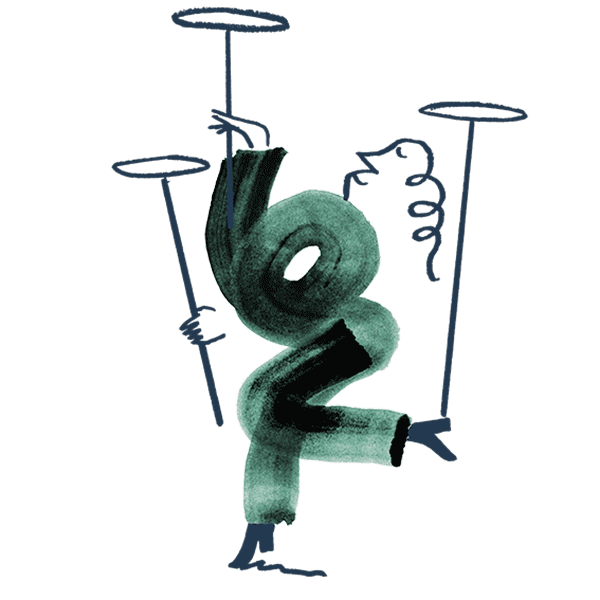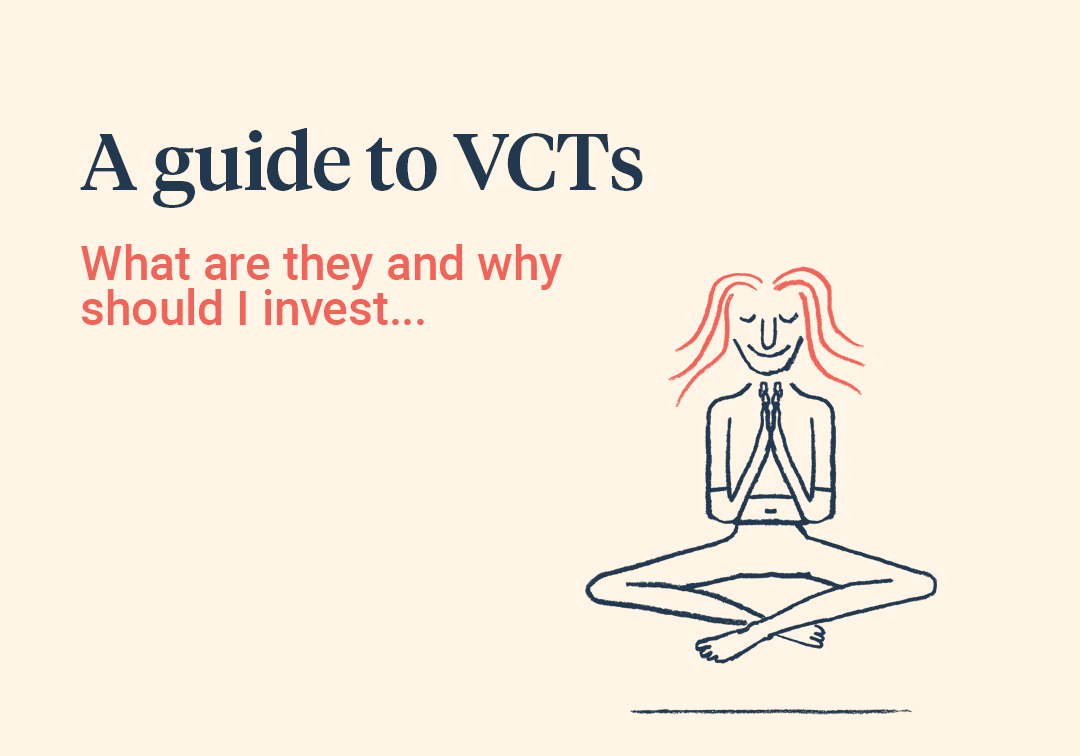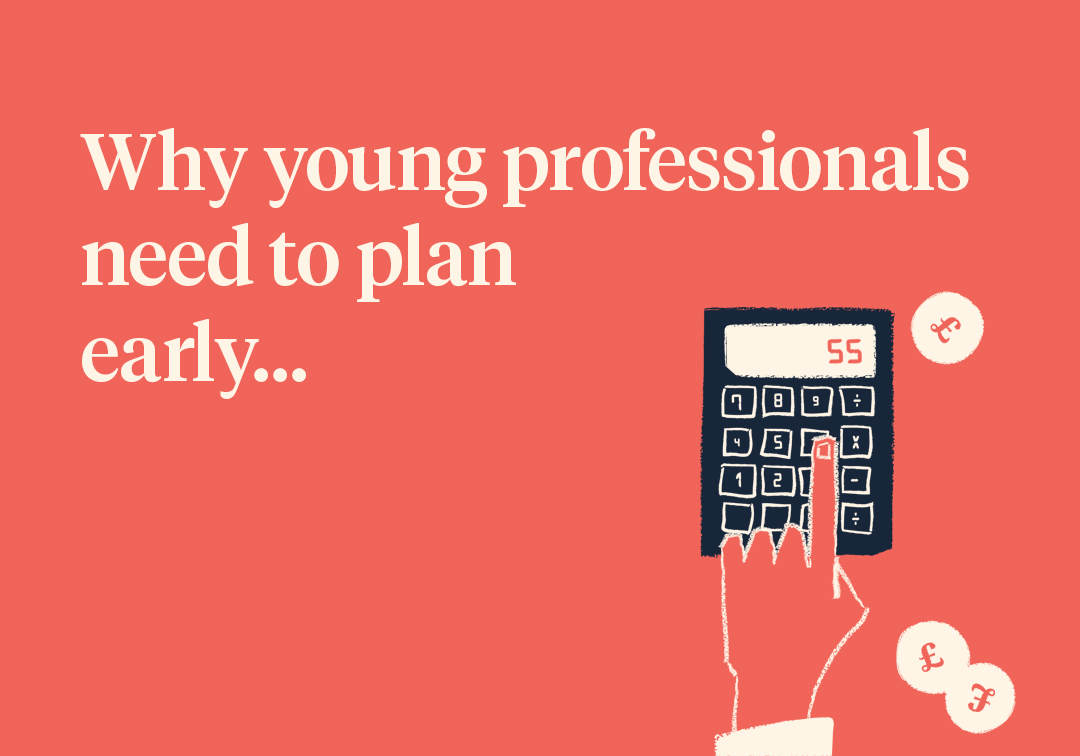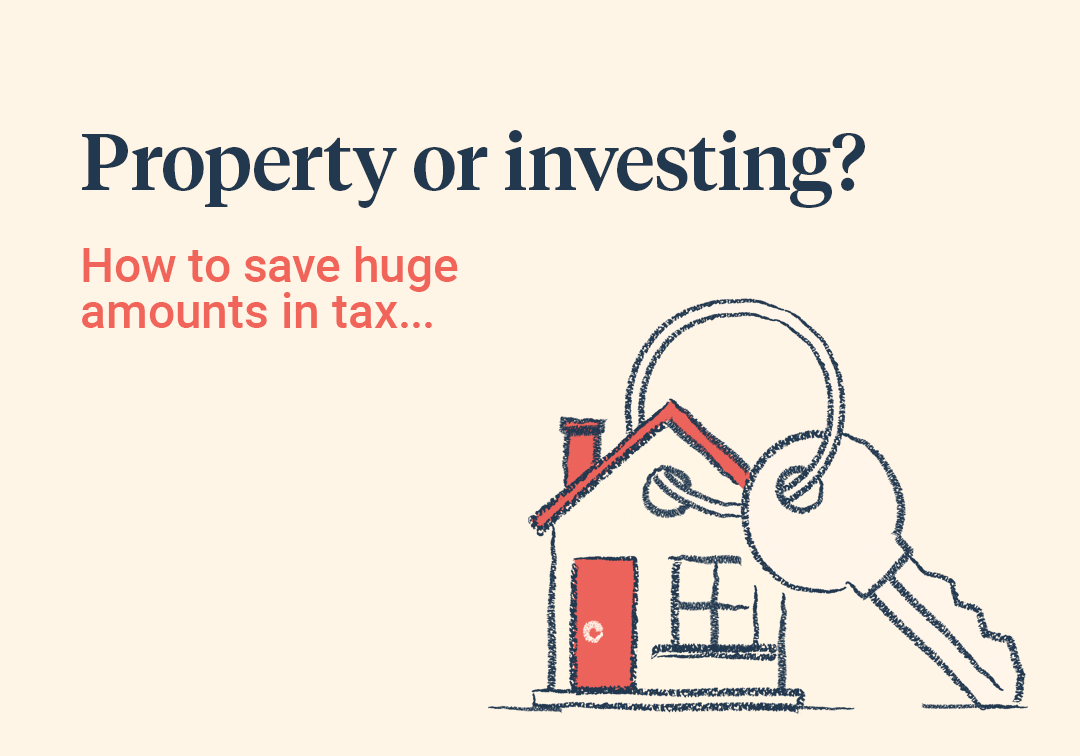About Saltus
Our mission is to improve everyone’s relationship with their wealth: to make it a positive force for their future…
At Saltus, we provide a range of wealth management services to individuals and institutions. Our financial planners will support you in the complexities of pensions and tax planning, while Saltus Asset Management can provide institutional calibre fund management in order to achieve optimal risk adjusted returns.
Saltus Financial Planning is a 'Chartered' financial planning firm
This is a recognition provided to only a small number of firms that are at the forefront of our profession. Achieving Chartered status means that we have met the highest standards for technical competence in the advice we provide to clients. It also demonstrates our dedication to continued professional development and shows that our clients are at the heart of everything we do.
What our clients have to say about us...
The financial planning blog
Insights about how you can make the most of your wealth and plan for your future.
Investment management insights
Thought pieces and investment updates from the Saltus Asset Management team
17 October 2023
In conversation with Tom Merchant and Jack Munday


27 July 2023
In conversation with Tom Merchant and Charles Ambler


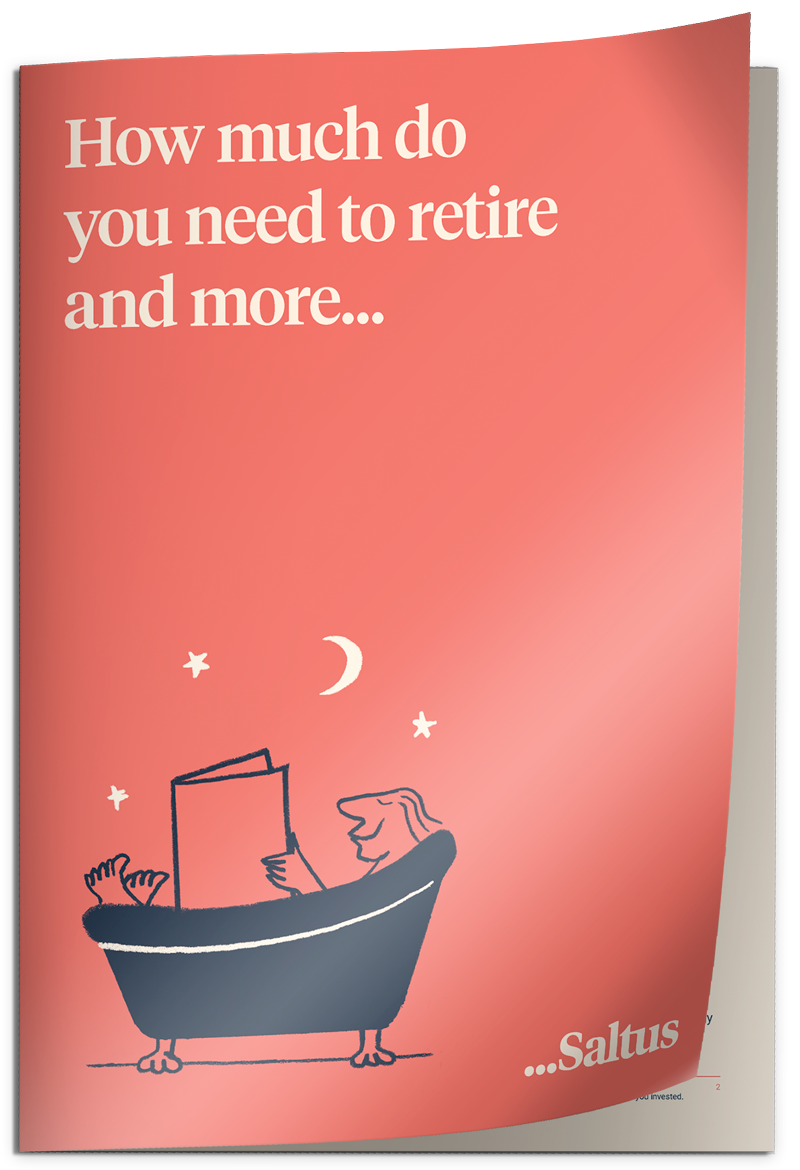
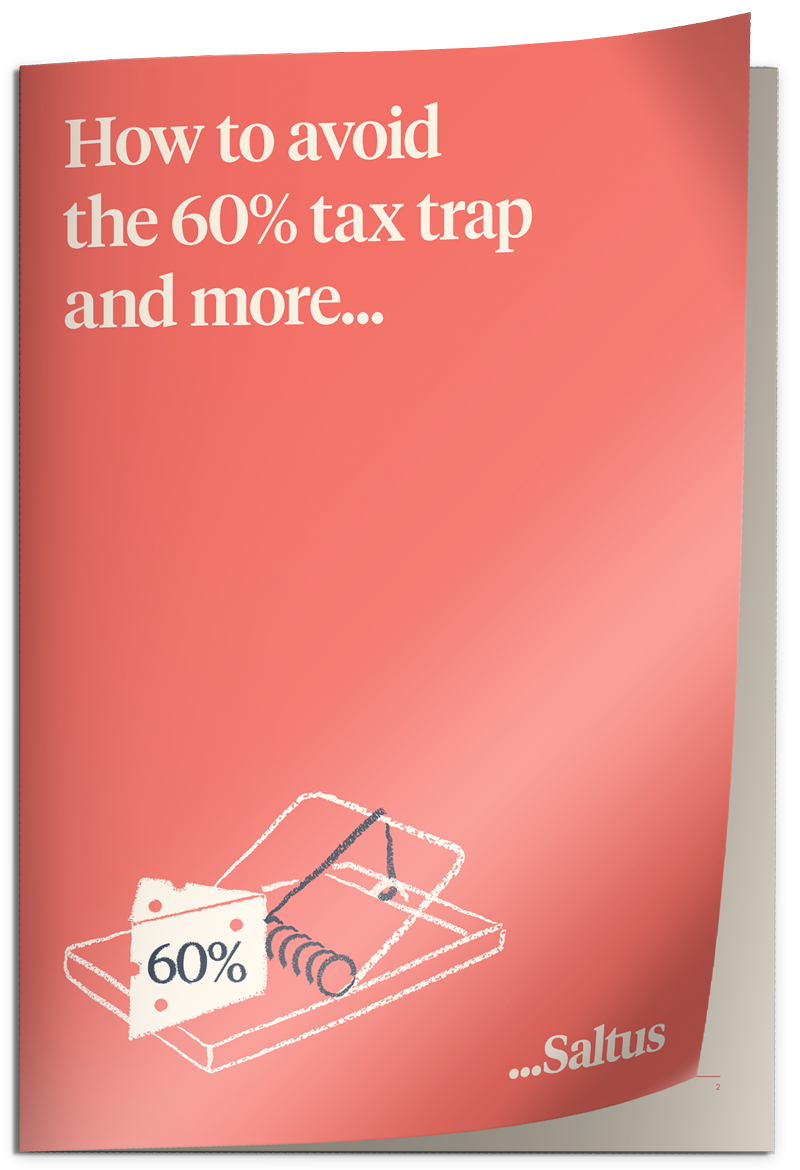
How can our wealth management services help you?
Financial planning isn’t just about number crunching…
it’s about working closely with you to determine what you want from life and how your finances can achieve it. Our planners work in partnership with our clients to help them understand how to make the most out of their money, reduce their tax burden and avoid any pitfalls along the way. Once we’ve created your bespoke financial plan together, we then recommend an investment solution to deliver it. This can be from the wider market or provided by our award-winning investment business.
We provide holistic wealth management services to our clients so we also source insurance when needed and can deploy any tax wrapper that’s required on our own in-house platform.
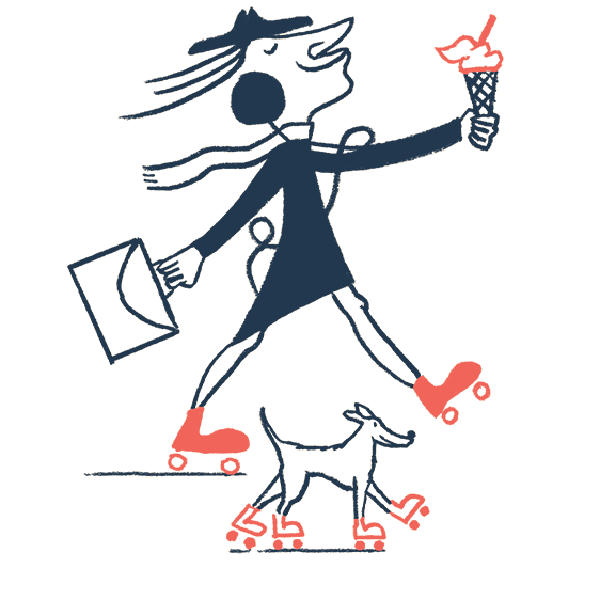
Our asset management business brings decades of investment management expertise to the table…
with particular experience in private equity and alternative investment strategies. The team offers a high calibre institutional service and also provides a unique opportunity for private clients to access an investment style that is typically unavailable in the UK marketplace.
The investment team control risk explicitly and look to generate risk adjusted returns that are primarily down to the skill of the managers they select. It’s an award-winning approach that is designed to first and foremost achieve our clients’ objectives.
